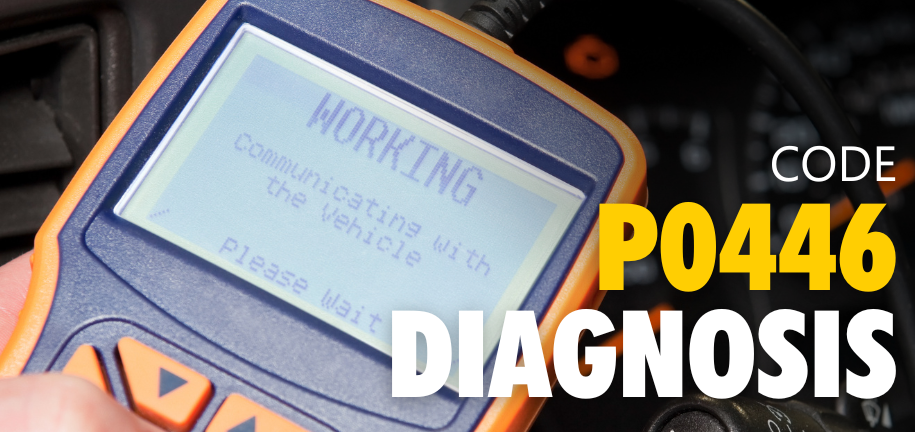Ever wondered what that whirring sound might be coming from under your car? It could be your car's differential! It plays a vital role in how your car handles the road, especially when turning corners. But what exactly does a differential do, and how much would it cost to replace one if it fails? Here at PartsHawk.com, we want to empower you with knowledge about this essential car part. In this comprehensive guide, we'll delve into the world of car differentials, their function, and the signs that might indicate a failing differential. We'll also explore the factors affecting differential replacement costs and how PartsHawk.com can help you find the perfect replacement part for your car.
What Does a Differential Do?
A differential is a gear system located within the drivetrain of most vehicles. It performs two critical functions:
- Allows wheels to rotate at different speeds: When you turn a corner, the outer wheel needs to travel a greater distance than the inner wheel. The differential enables this difference in speed by allowing the wheels on the same axle to rotate independently. This is why your car doesn't screech or skip its tires when making turns.
- Transmits engine torque: The differential receives torque from the engine and transmits it to the wheels. The gear ratios within the differential can also affect the amount of torque delivered to each wheel.
Understanding Drive Train Variations: Front-Wheel vs. Rear-Wheel Drive Vehicles
The location and type of differential a car has depends on its drivetrain configuration:
- Front-Wheel Drive (FWD): In FWD vehicles, the differential is typically housed within a transaxle combining the transmission and differential into one unit. The transaxle is located near the engine and transmits power to the front wheels.
- Rear-Wheel Drive (RWD): In RWD vehicles, the differential is a separate unit located between the rear wheels. It receives power from the transmission via a driveshaft and transmits it to the rear wheels.
All-Wheel Drive Considerations: All- or Four-Wheel Drive Vehicles
All-wheel drive (AWD) and four-wheel drive (4WD) vehicles can have different differential configurations depending on the specific system:
- Full-time AWD: These vehicles typically have three differentials: one for the front axle, one for the rear axle, and a center differential that distributes torque between the front and rear wheels.
- Part-time AWD/4WD: These vehicles may have a single differential for the front or rear axle and a transfer case that allows the driver to switch between two-wheel drive and four-wheel drive modes. Some part-time 4WD systems might also incorporate a locking differential to improve traction in off-road conditions.
Warning Signs: How to Spot a Failing Differential
A failing differential can cause a variety of symptoms. Here are some warning signs to watch out for:
- Whining or grinding noises: This is a common symptom of worn gears or bearings within the differential. The noise might be most noticeable when turning corners or accelerating.
- Clunking or clunking noises: This could indicate excessive slack or broken components within the differential.
- Vibrations: A failing differential can cause vibrations that you might feel through the steering wheel or floorboard.
- Difficulty turning corners: In severe cases, a failing differential can make it difficult or jerky to turn corners.
- Leaking differential fluid: The differential contains lubricant, and leaks can indicate damaged seals or worn components.
How Much Does Replacing a Differential Cost?
The cost of replacing a differential can vary depending on several factors:
- Car Make and Model: The specific car you drive will significantly impact the differential cost. Luxury cars or high-performance vehicles typically have more expensive differentials compared to economy cars.
- Differential Type: The type of differential (open differential, limited-slip differential, etc.) can also affect the price.
- New vs. Remanufactured: New differentials are generally more expensive than remanufactured ones, which are rebuilt units with new internal components.
-
Labor Costs: The labor involved in replacing the differential can vary depending on the complexity of the job and the mechanic's rates.
Here's a rough estimate of differential replacement costs
- Economy car (open differential, new): $800 - $1,500
- Luxury car (open differential, new): $1,500 - $3,000+
- Limited-slip differential (new or remanufactured): $1,000 - $2,500+
Saving on Differential Repair Costs
While differential replacement can be expensive, there are ways to potentially save money:
- Remanufactured vs. New: Consider a remanufactured differential if you're on a tight budget. Remanufactured differentials offer good quality and significant cost savings compared to new ones.
- DIY Repair (if applicable): Replacing a differential is an advanced repair job, but experienced DIY mechanics might be able to tackle it themselves. However, this requires specialized tools and knowledge. Consult a repair manual for your specific car and only attempt this if you're confident in your abilities.
- Shop Around for Labor Rates: Get quotes from several repair shops to compare labor costs.
PartsHawk.com Can Help!
No matter if you need a new or remanufactured differential, PartsHawk.com can be your one-stop shop for finding the perfect replacement part for your car. Our easy-to-use website allows you to search by your car's year, make, and model to find the exact differential you need. We offer a wide variety of differentials for various vehicles, including open differentials, limited-slip differentials, and locking differentials for off-road enthusiasts.
Don't Let Differential Issues Slow You Down!
By understanding the signs of a failing differential and the factors affecting replacement costs, you can make informed decisions about repairs. PartsHawk.com is here to help you find the parts you need to get your car back on the road and running smoothly. Visit PartsHawk.com today and find the perfect differential replacement for your car!














